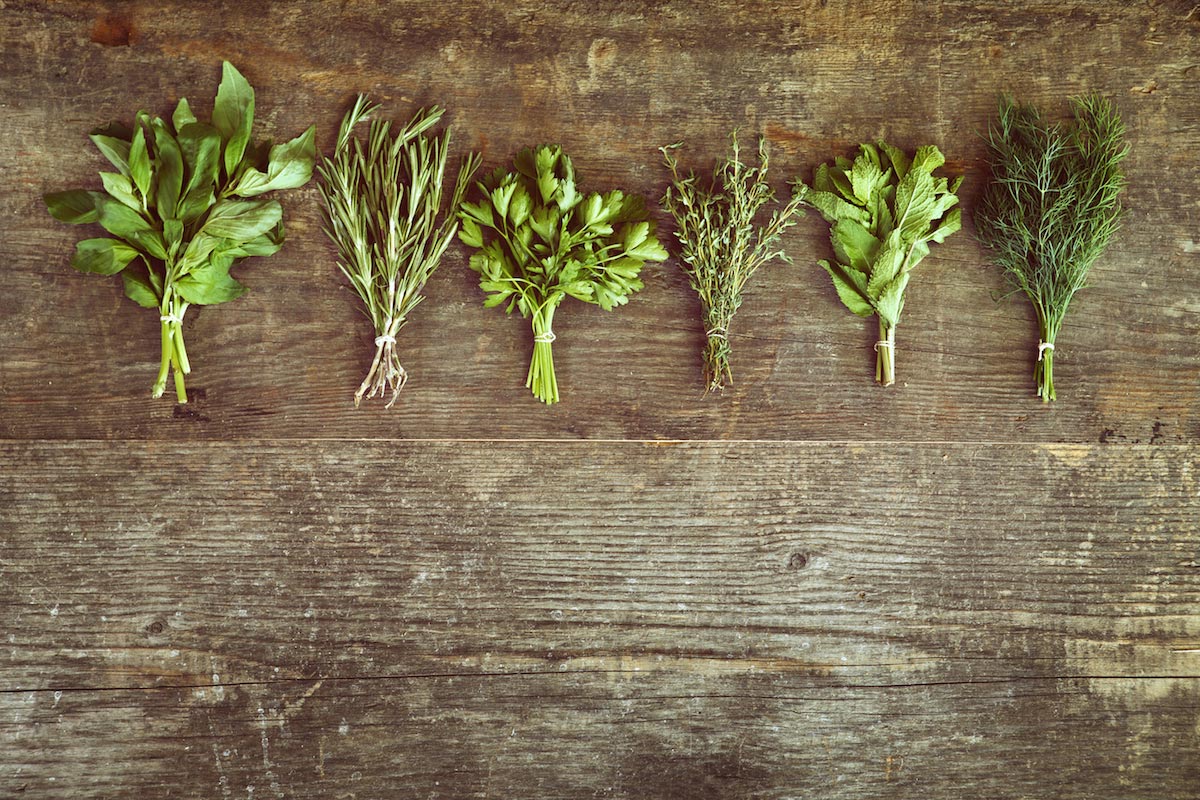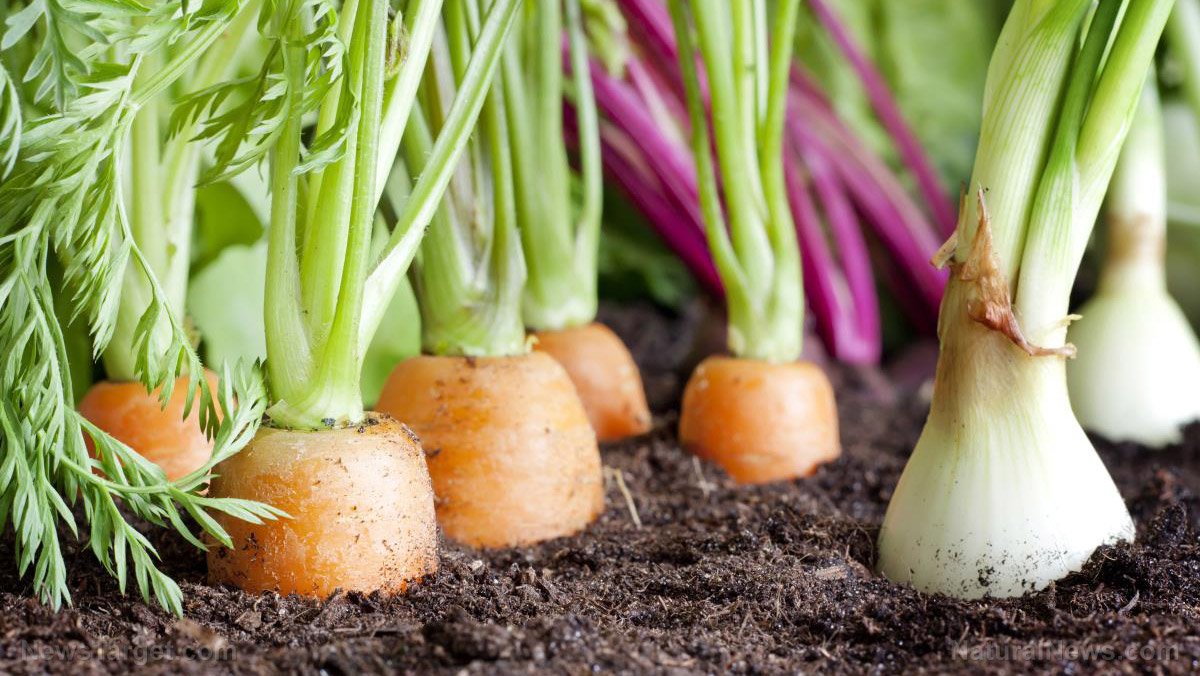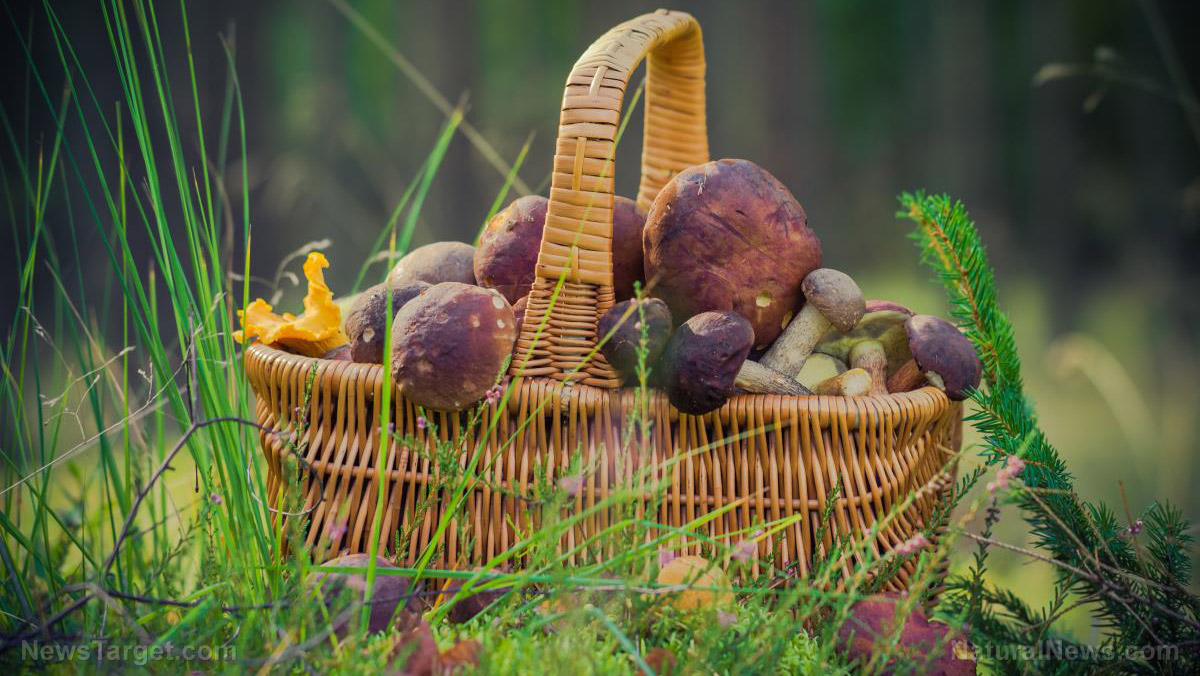
Advertisement
Herbs are indispensable kitchen staples. Nothing beats their strong fragrance and flavors when it comes to elevating even the simplest dishes.
Herbs are also some of the most low-maintenance plants out there. Unlike the usual garden crops, herbs don’t attract a lot of pests. Instead, some herbs like basil and peppermint are often used to repel insects!
If you don’t have a lot of indoor or outdoor space for a proper edible garden, consider starting out with a simple herb garden. All you need are a bunch of pots, some dirt and a windowsill.
Here are a couple of tips to help you get started:
Choose the right herbs
Some herbs do well when grown alongside other herbs in the same containers, while others might thrive best alone in separate pots. Knowing which herbs are which is a crucial prerequisite to starting an herb garden since choosing the wrong ones can lead to plants competing for nutrients. As a general rule, choose a mix of annuals and perennials. Annual herbs like basil, dill and cilantro bloom and die within a single growing season. Perennial herbs like mint, oregano and thyme, on the other hand, tend to live for several years.
Ensure the containers have proper drainage
You don’t have to go out and purchase flower pots and planter boxes. Just use whichever container you can spare, as long as it has good drainage. As with most plants grown indoors, it’s important to ensure that the containers have good drainage to avoid root rot and overwatering. Some herbs like chives, marjoram and mint, however, require a constant level of moisture, so it’s best to use or construct self-watering containers for them.
Use loose, fertile soil
Loose, fertile soil is the best kind of soil to use for potted herbs. Loose soil allows for good drainage, and it also helps the plants absorb nutrients better. Loose soil also leaves room for the roots to “breathe.”
Leave the containers in a sunny area
Herbs require at least six to eight hours of full sun each day. If you’re growing them indoors, leave them near a kitchen window that gets enough sun. That said, take care not to leave your herb containers under the sun for more than eight hours. Like most plants, herbs can shrivel up under intense heat if left out for long periods. The ideal solution to this is to move the plants to a shaded area in the kitchen or close the blinds or curtains until the heat eases up. Move them back in place afterward.
Don’t overfertilize
Adding an occasional scoop of fertilizer made from kitchen scraps and other organic material helps enrich the soil for the herbs. However, there is such a thing as overfertilizing, and this can spell disaster for plants. Excess nutrients attract insects, bugs and other pests that can then feed on the plant. “Overfeeding” plants also damages roots.
Harvest and prune
When harvesting herbs, it’s best to snip a couple of sprigs instead of pulling out entire stems from the roots. This kills the plant, meaning you’ll have to start planting all over again. You should also prune the herbs even if you don’t plan to use them for cooking. Pruning helps maintain plant health and prevents the plants from growing too large for their containers.
Starting an herb garden isn’t as hard as it sounds. With these helpful tips and a bit of patience, you’ll be snipping sprigs and leaves in no time.
Sources:
Advertisements







